Press play: CBS professor shares his reflections on moving teaching online

(Photo: Lisbeth Holten)
Coronavirus has forced CBS’ teachers to move their teaching online, including Professor Edward Ashbee. In this piece, he shares his views and reflections on the matter. "Effective learning requires more than the ability to press ‘pause’," he argues.
I am, like many of us, new to online teaching and learning. I worked for the Open University in the UK a few decades ago but that was, sad to say, well before the worldwide web had unveiled its possibilities. In those days open or ‘blended’ learning consisted of men (nearly always men) with curious tastes in fashion and facial hair lecturing interminably on late night television once the normal programming had finished for the evening.
My sudden immersion in online teaching over the past few weeks was not of course a planned or calculated career move. Like the rest of us I have had to adjust suddenly and convert a course that had largely depended upon a fairly traditional “chalk and talk” formula. In my case, it was a graduate policymaking course for the Sino-Danish Center.
I wouldn’t begin to generalize beyond my own experiences. Other academic staff may well have had a very different time and will have drawn different conclusions. Some will be evangelical (“CBS should go entirely online for evermore”) whilst others will be highly unwilling conscripts (“when can we get back to normal?”). To date, however, and based simply on my own personal experience, we need to be reasonably fair and balanced in our post-crisis approach.
As Teaching & Learning rightly advise, course material is best delivered in bite-sized chunks. That is of course true in the ‘real’ classroom but the great joy of software such as Panopto is that it is easily done. The demands of formal timetabling which require us to work in 90 or 135 minute segments can be junked. And, of course, we can be replayed or handled at a pace of the student’s own choosing. As a student wrote to a colleague in the Economics Dept, “we now have the possibility to pause you ….”. And, more adventurous members of staff have taken the opportunity to introduce interactive features that go way beyond group work or clickers in the classroom.
So far, so good. Nonetheless, effective learning requires more than the ability to press ‘pause’. My experience suggests that, while we are purely online, students value a mix between pre-recorded chunks and live sessions. Some sort of balance between the two forms of delivery is probably optimal.
Going live is not however always straightforward. Some international students inevitably face bandwidth issues. Time zones introduce challenges. More importantly, there is, it seems, a greater reluctance to talk and discuss. There are silences that have to be navigated. An intended workshop or seminar can unintentionally become a mini-lecture. Maybe there is a higher level of shyness in cyberspace (although a cursory glance at a few Twitter feeds suggests otherwise).
Maybe we all need a greater sense of body language before we let our guard down. Maybe the technology inevitably breaks up the flow, as well as the give and take, of discussion. Maybe, none of us have quite worked out the basic etiquette of video-conferencing. Online classes therefore require more structured and deliberatively inclusive teaching strategies than we might adopt in Dalgas Have or Solbjerg Plads. And even then challenges will arise particularly once the novelty of online delivery has worn off.
As a student wrote to a colleague in the Economics Dept, “we now have the possibility to pause you ….”
My own conclusion from all this is that once we get back to some sort of normality (whatever that might look like) we should be careful not to throw out the pedagogical baby along with the didactic bathwater.
We will, in the tradition of Alexey Stakhanov, have over-fulfilled the Dean of Education’s blended learning targets many times over. There may well be a rush to build on this. But, to coin a phrase, blended means blended. Learning is a collective as well as an individual process and there are limits to the collectivities that can be generated electronically.
The best online discussions are still stilted. Alongside all the possibilities offered on the online frontier we also need the forms of interaction and dialogue that can only be secured by real people sitting amidst real bricks and mortar.
- International Business & Politics will be launching a comprehensive survey of our students’ experiences during the COVID-19 crisis. Headed by Zoltan Fazekas in EGB we will be seeking to consider what has worked in learning terms and what needs to be reconsidered.



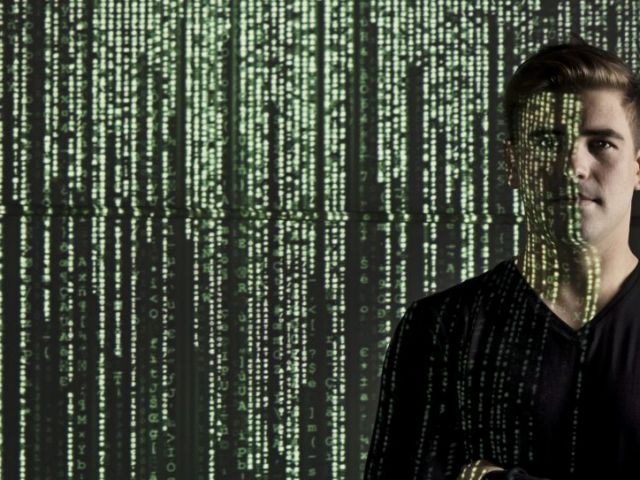

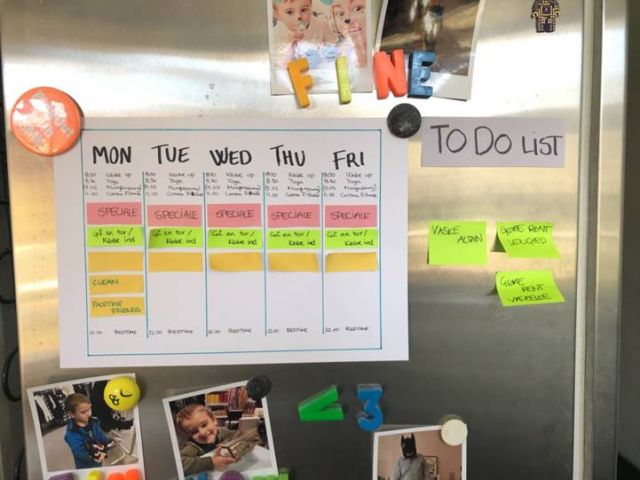
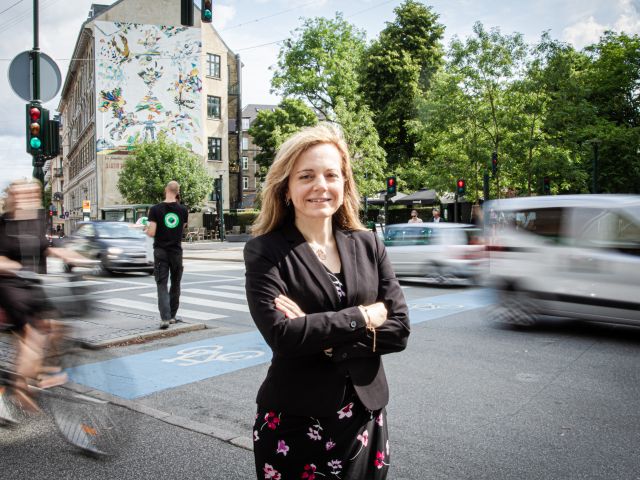
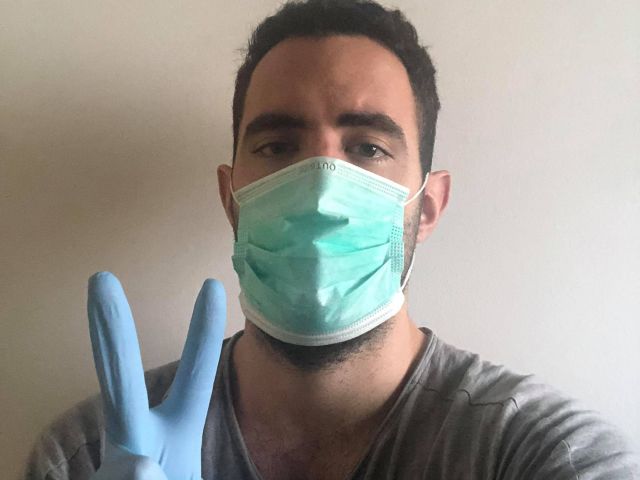
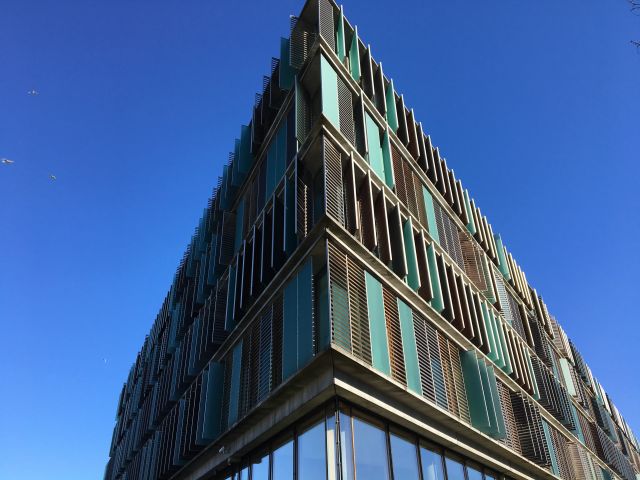
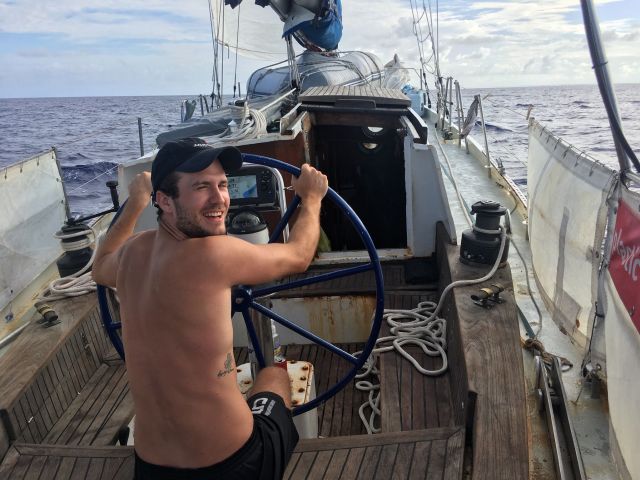




























































































































Comments